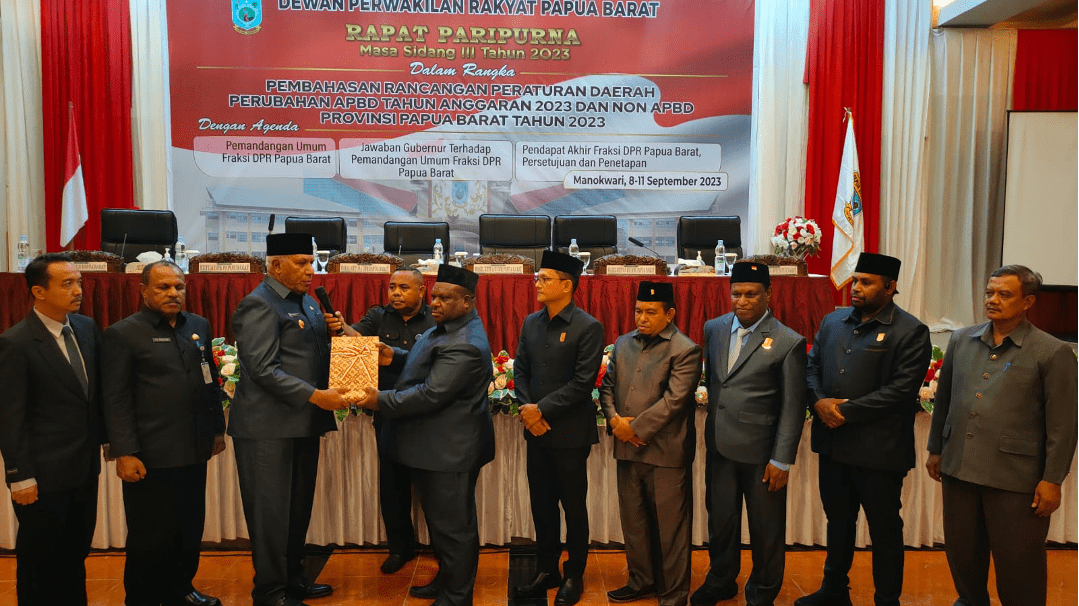Special Autonomy for Papua is an Indonesian government policy that is given to all Papuan people in a special way. This regional autonomy is a sign of the respect and confidence of the Papuan people that they are able to utilize all the resources that exist in the Papua. This Province is indeed experiencing prosperous changes. So that in the end the Papuan people themselves can choose the best way to create the right conditions for a prosperous society. Papua’s special autonomy also includes special rights in various fields. One of them is political rights in favor of the Papuan Indigenous People. The aim of granting special or exclusive political rights is to ensure that only indigenous Papuans can formulate, implement and evaluate various policies that apply to all aspects of Papua.
Granting special political rights is not just an expression. However, this is written in Article 1 Section T of the Papua Special Autonomy Law which explains how Papuan indigenous people have exclusive rights that take priority in Papuan politics. From the way the election process reaches voters, native Papuans will elect native Papuans to serve. This needs special attention, namely answering the question who are the native Papuans?
The answer is clear. Except for people who were born and raised in Papua, Papuan indigenous people can be identified as a group from Melanesia. In one family there are also various tribes with all their own characteristics and cultures. They are native Papuans who receive priority in granting special political rights based on the Papua Special Autonomy Law.
After the election process is complete, of course the Papuan people will be elected to fill positions in the legislative and executive. Legislative positions related to certain political rights are elected by indigenous Papuans, but the positions are slightly different from other regions in Indonesia. If other provinces are called the Regional People’s Representative Council, then Papua Province has another name – the Papua People’s Representative Council. Apart from its unique name, its members were also specially chosen because most of them are native Papuans. There are still Papua People’s Representative Council members who are not native Papuans who are different from the leadership of Papua Province. The highest leader, namely the governor, must be a native.
Special political rights under the Papua Special Autonomy Law give priority to indigenous Papuans in government, legislative, and especially executive positions. When the majority of these two institutions are staffed by native Papuans, the policy implemented is to meet the expectations of the Papuan people because they are experienced and know what their needs are. The implementation and evaluation strategy, along with criticism and suggestions, will show how the political aspirations of the Papuan people are taken seriously. However, Papua’s welfare is on their own shoulders.


